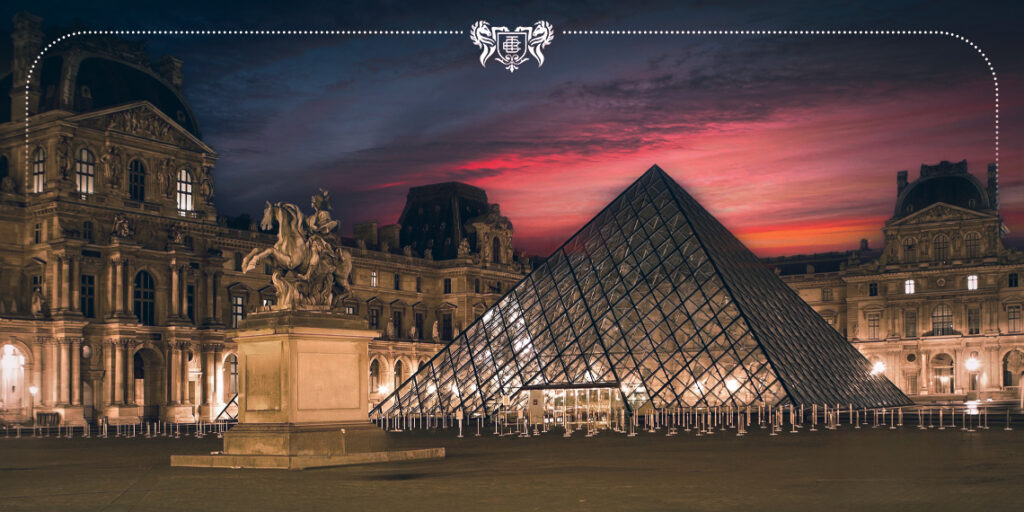British tourists may soon face extra fees at major French attractions, including the Louvre, under a new proposal from France’s culture minister.
The plan suggests non-EU nationals, like UK visitors, would pay a surcharge of around €5 (£4.17) at certain national sites, with Notre Dame Cathedral potentially charging an entry fee for the first time.
Culture Minister Rachida Dati explained that the additional funds are crucial to preserving France’s national heritage, stating, “I want visitors from outside the EU to pay more for their entrance ticket, with this supplement financing heritage renovations.”
If implemented, the surcharge could begin in 2026 at the Louvre, where ticket prices would rise to €30 for non-EU visitors from the current €22. Similar charges are being considered for the Palace of Versailles and the Musée d’Orsay.
However, Louvre staff have expressed concerns about the logistics of enforcing the policy, fearing they might need to “police” tourists’ EU status.
Defending the plan, Dati argued, “Should a French visitor pay the same as a Brazilian or Chinese visitor? French citizens should not shoulder all the costs.”
The proposed Notre Dame fee is also controversial, as entry was previously free before it closed for repairs following the 2019 fire.
Paris Centre Mayor Ariel Weil called the idea “morally shocking,” insisting the faithful shouldn’t be charged to visit the cathedral.
Supporters countered that other prominent cathedrals, like St. Paul’s in London, charge tourists an entry fee of £25.
This proposal follows recent moves by Venice, Italy, to nearly double the number of days it will charge a €5 entry fee for day-trippers, increasing the fee to 59 days next year.
Venice’s fee aims to ease overcrowding by discouraging short visits from tourists who don’t significantly contribute to the local economy.


